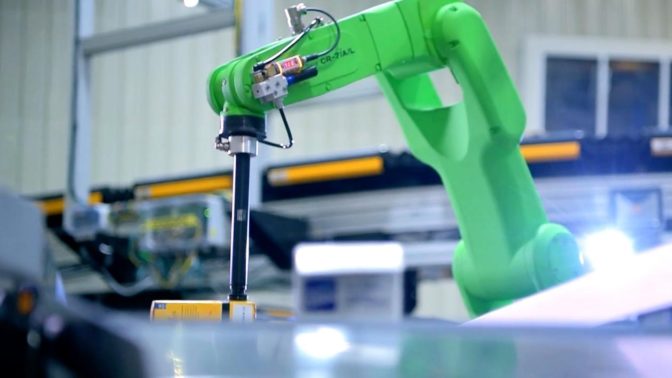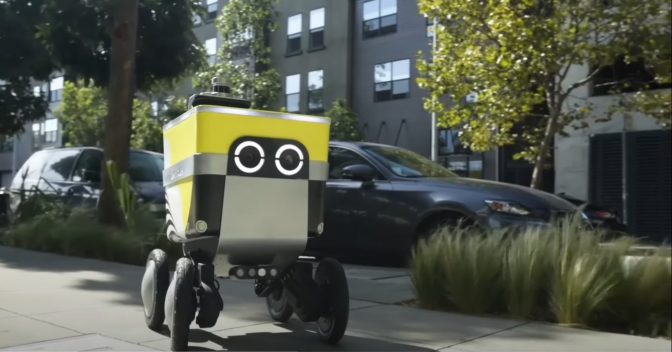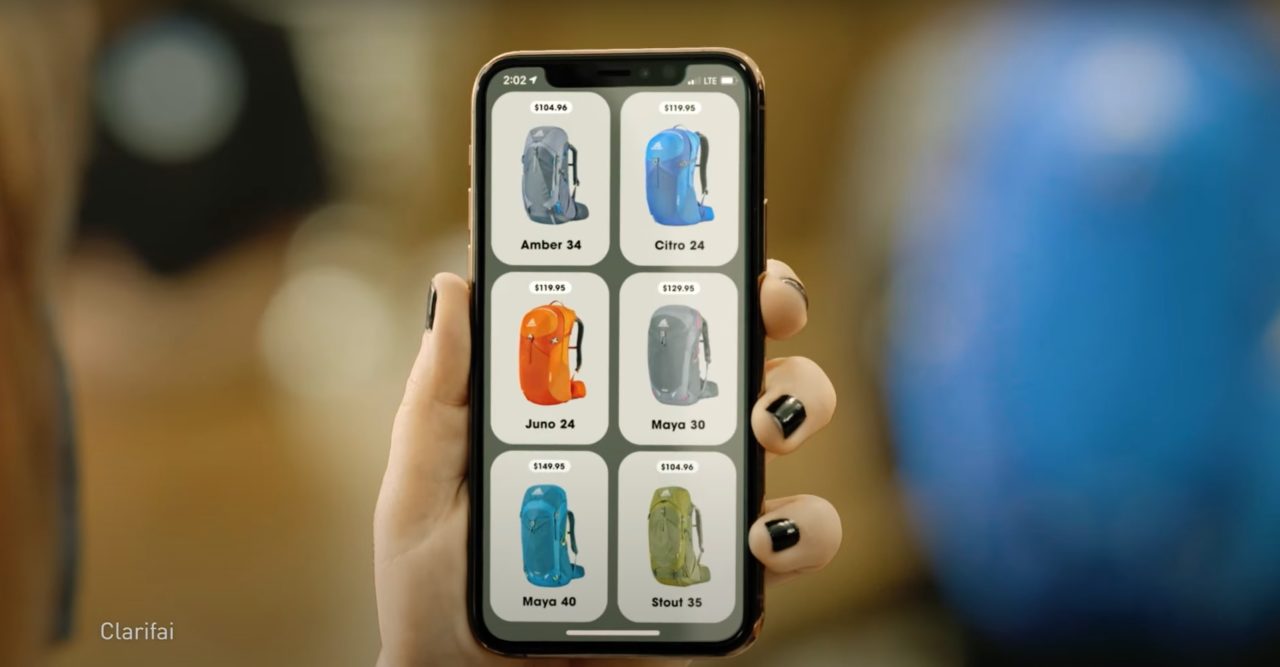AI is enabling a new wave of retail that’s more agile, convenient and intelligent.
Imagine applications that use augmented reality to visualize your perfect home, where furniture can be arranged with the swipe of a finger. Or applications that can predict consumer demand in stores to make sure people find what they’re looking for when they need it. Or even automated supply chains that ensure product quality and speed delivery, while protecting worker safety.
In a new chapter of I AM AI, NVIDIA’s video series exploring how AI is transforming industries and improving lives across the world, we dive into how this technology is becoming a game changer for both global retail leaders and up-and-coming startups. AI presents a tremendous opportunity for the industry to increase annual profits by nearly $1 trillion worldwide, according to a McKinsey Global Institute analysis.
Here’s a deeper look at some of the companies NVIDIA is working with that are using AI to transform retail operations.
Predicting and Meeting Consumer Demand
Walmart, one of the world’s largest retailers, is using NVIDIA GPUs and RAPIDS, an open-source suite of GPU-accelerated data science libraries, to develop forecasts for nearly 500 million item-by-store combinations every week. Their data science team pairs NVIDIA RAPIDS with two other technologies: Dask, a library for parallel computing in Python, and XGBoost, a popular machine learning algorithm.
With these technologies, Walmart now trains its algorithms 20x faster, resulting in faster delivery of products, real-time reaction to shopper trends, and inventory cost savings at scale.
KION Group, a global supply chain solutions provider, is using the NVIDIA EGX platform to develop edge AI applications to add intelligence to its automated warehouse systems. From adaptive conveyors to autonomous forklifts to pick-and-place robotics, KION is able to simplify the deployment and management of AI at the edge using NVIDIA Fleet Command.

Protecting Retail Assets
Argusee, Inc., is achieving situational awareness with a large list of intelligent video analytics applications. Their package-lifecycle tracking system uses video data from camera channels to locate courier packages at each stage. This setup is a force multiplier, helping Argusee to increase productivity and identify any gaps or failures within the workflow.
Improving Self-Service Shopping
Malong, a startup applying AI and computer vision in retail, is using intelligent video analytics to accurately reduce shrinkage and improve self-service in stores. Their aim is focused on product recognition and how this core technology can power advanced retail scenarios.
An example application is asset protection at self-checkout stations, such as misscans and ticket-switching. Malong is also using AI to identify fruits and vegetables being weighed and provide an easy, one-click addition to a shopper’s cart, saving time and frustration compared with manual produce searches.
Checkout-Free Shopping Experiences
AiFi is automating the world’s stores and providing AI auto-checkout solutions. Their autonomous platform uses camera tracking technology, live inventory management and a checkout-less experience. AiFi is able to track shoppers in-store with their virtual shopping carts and enable payments without traditional checkout stations. Doing so brings frictionless shopping at scale to meet demand, as well as for businesses to make more informed decisions with inventory and workforce management.
Delivery on Demand
Postmates, a U.S.-based on-demand delivery company, built and deployed an all-electric autonomous delivery robot using the NVIDIA Jetson AGX Xavier platform. The bot, named “Serve,” is equipped with lidar sensors to create a virtual image of the world in real time.

Postmates uses GPUs in order for Serve to travel safely in the city, on the sidewalk and around the neighborhood to deliver food items to customers. Their AI team uses TensorFlow for model training, testing and developing. Then, they convert the model to TensorRT and deploy it on the Xavier platform.
Reimagining the Perfect Home
Geomagical Labs is using augmented reality, computer vision and machine learning to let consumers visualize and design their living spaces, all from an intuitive mobile and desktop application. The company uses AI advancements in computer vision and deep learning to develop their platform that captures portable 3D room models with smartphones and uses AR to virtually furnish their space in real time.
Ensuring Safety and Quality
Public health and safety remain at the forefront of our daily lives. SAFR, an intelligent video analytics platform, delivers actionable insights that protect the health and safety of people everywhere. The company applies AI for advanced situational awareness — helping keep people, assets and environments safe. From measuring PPE and real-time traffic volumes to dwell times and more, SAFR instills greater confidence and visibility for individuals and businesses.
Bridging Online and Offline Retail Worlds and Driving Agility
With AI, retailers can ensure agility to respond to new market forces and create seamless shopping experiences across their brick-and-mortar and digital stores — from smarter demand forecasting and faster processes to fulfill and deliver orders, to integrated ways to shop and easier methods to pay. Smart retail brings these two worlds together through automated intelligence and personalization to deliver better business outcomes.
Visit our web page to learn more about how AI is driving agility in retail.
